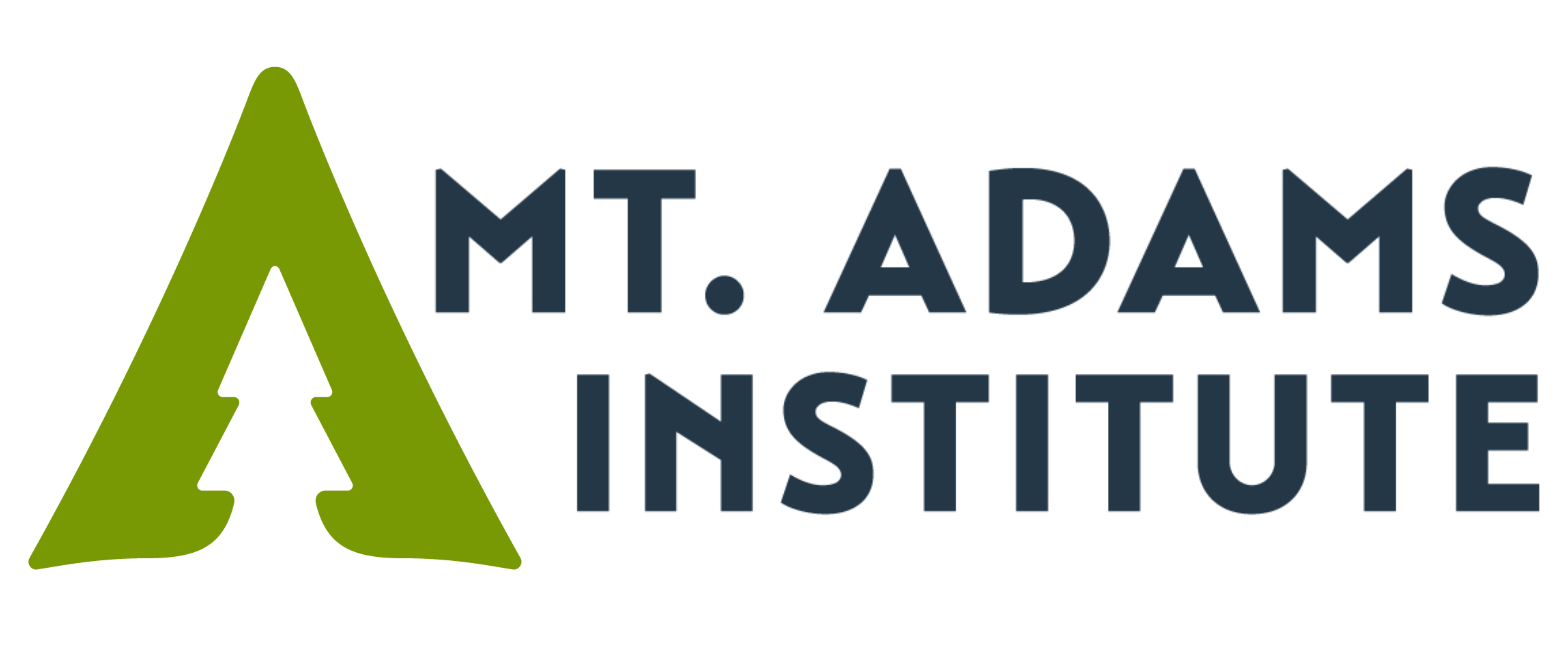
Going into this field season with previous experience in plant monitoring, I thought I knew what to expect. But my time as a Public Lands Steward at the Tualatin River National Wildlife Refuge has far surpassed any expectations I had; I have found a renewed sense of wonder and awe for the natural world, and was constantly reminded every day of not only the beauty found in plants, but in the ecological connectedness and dependencies that exist in nature.
I have loved plants since plant field study day at Outdoor School in the sixth grade. To be honest, out of the four field studies it was the one I was looking forward to the least. But as soon as we went on the plant walk and identified the plants around us, something clicked and I have loved plants since. I have since come to acknowledge that my connection to the outdoors is due in large part to my connection to plants. It has also led me on the career path I am on today, and I know that it will continue to shape my future. There is so much to explore in the natural world and on our public lands, and I am fortunate to have had the opportunity to reconnect with that aspect of myself. I sometimes feel that I have become so focused in on studying plants, but my time at Tualatin River has reminded me of what it felt like to be excited about the salmon in the Sandy River or the soil layers that lay beneath us.
This season was a chance to branch out and learn about so many other components of wetlands and learning I have built many new connections and understandings. I have re-awakened my enthusiasm for rocks and minerals, salamanders, bird calls, and animal scat, among so much more.
I have seen more Great Blue Herons than I can count, but I still stop to marvel at their prehistoric and ancient nature.
I learned that some people can in fact hear bats screeching, but if you are able to hear them, it is most likely coming from a bat in the largest size classification.
I have watched as the waters went down for the summer and have risen since the beginning of fall.
I learned that some species of waterfowl will embark on a molt migration if they lose their young.
I saw wapato for the first time this summer and have been collecting seeds for restoration.
I got to look for the endangered Nelson’s checkermallow plant and collected seeds from other endangered/threatened/rare plants on the refuge.
I still love plants, if not even more than when I started this position, but my experience at Tualatin River National Wildlife Refuge has reminded me of sixth grade Natalie and the beginnings of a lifelong connection to the natural world.
